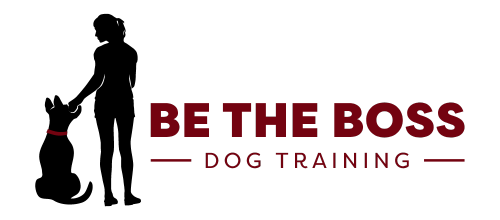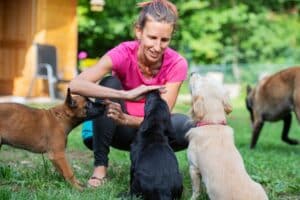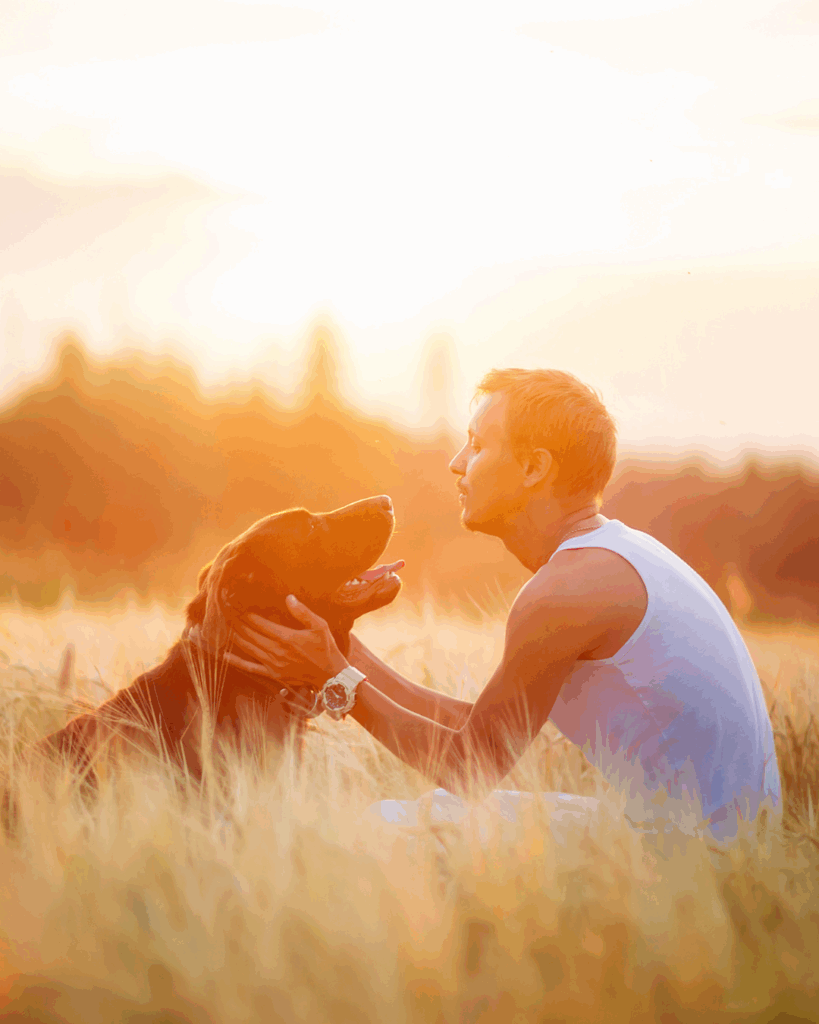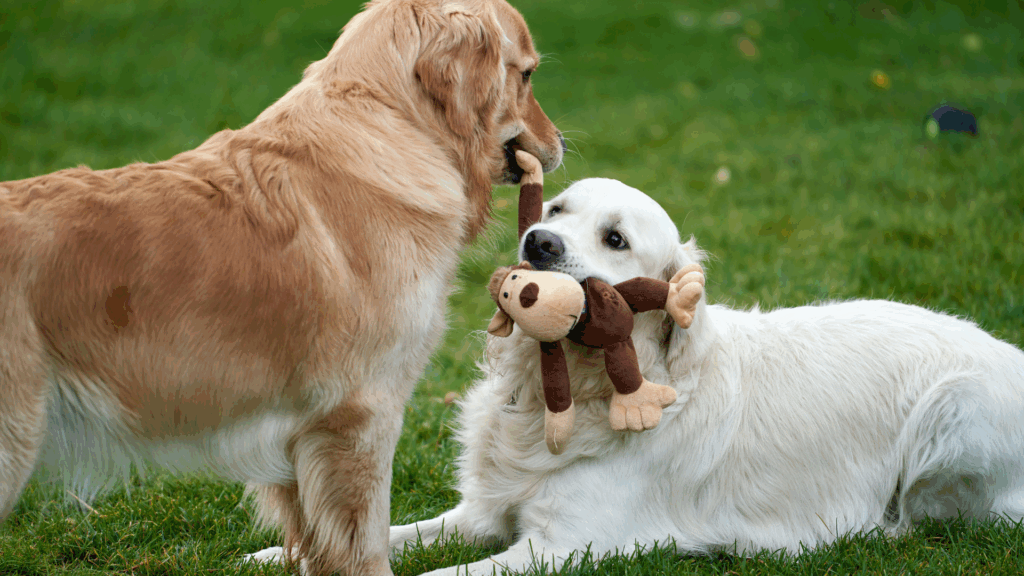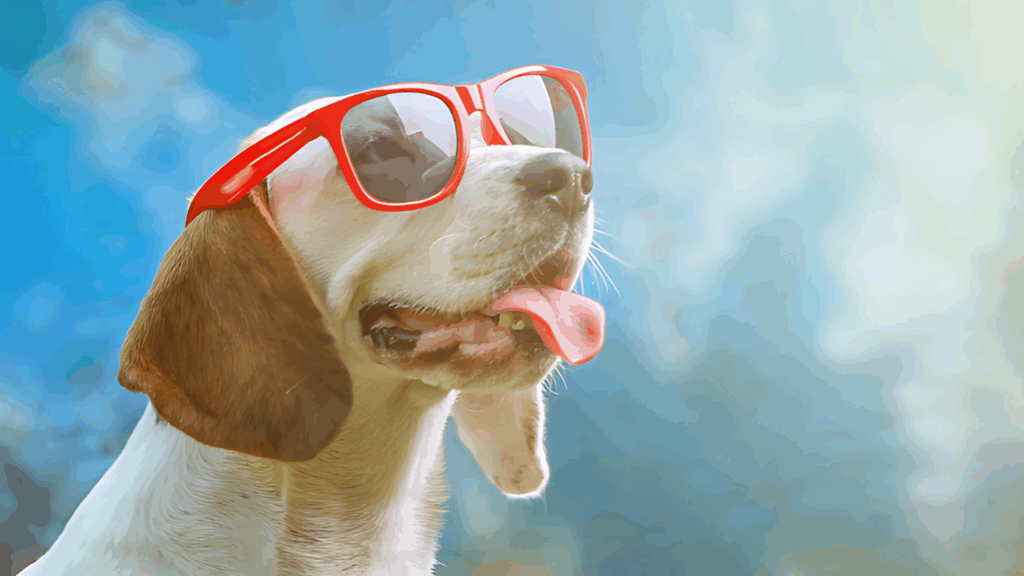Getting a new puppy is one of the most exciting experiences for any dog lover. But with all the cuteness comes responsibility, and training is a massive part of that. Proper exercise helps build a well-behaved, happy dog and strengthens your bond with your new furry friend. If you’re a new dog owner in Utah County, this guide will walk you through everything you need about puppy training—from essential techniques to why local training classes are the best option for you and your pet.
Why Start Puppy Training Early?
Puppyhood is a critical period for your dog’s development. Starting training early, typically around eight weeks, helps your puppy learn the behaviors and skills it needs to become a well-adjusted adult dog. The younger your puppy, the more adaptable it is, making early training key to preventing future behavioral issues.
The Importance of Early Socialization
One of the most crucial aspects of early puppy training is socialization. Socializing your puppy means exposing them to different people, environments, sounds, and other animals in a controlled manner. This helps your puppy grow into a confident dog that can handle new experiences without fear or aggression.
Basic Puppy Training Techniques
Let’s get into some core training techniques that every new dog owner should know:
Potty Training
Potty training is often the first hurdle new dog owners face. Consistency is key here. Take your puppy outside frequently, reward them with treats and praise after they go, and stick to a schedule to prevent accidents in the house.
Crate Training
Crate training can be an excellent tool for teaching your puppy to be calm and comfortable alone. It also helps with housebreaking and prevents destructive behavior when you’re not around.
Leash Training
Another must be teaching your puppy to walk on a leash without pulling. Start by getting them used to wearing a collar or harness, then gradually introduce short leash walks. Reward your puppy for walking calmly beside you.
Basic Commands: Sit, Stay, Come
Basic commands like “sit,” “stay,” and “come” lay the groundwork for future obedience training. Use positive reinforcement techniques, like treats and praise, to encourage your puppy to follow these commands.
The Role of Positive Reinforcement
Puppies learn best through positive reinforcement, which rewards good behavior rather than punishing bad behavior. Treats, toys, and affection are excellent ways to motivate your puppy during training. This method creates a positive association with learning and helps your puppy understand what’s expected of them.
Addressing Common Puppy Challenges
Even with the best training techniques, puppies will be puppies! Here are some common challenges and how to handle them:
Chewing
Puppies explore the world with their mouths, so chewing is natural. Redirect their chewing to toys instead of furniture, shoes, or other off-limits items.
Nipping
Puppies often nip during play. If your puppy starts biting, stop playtime immediately and ignore them briefly. This teaches them that nipping results in a fun ending.
Jumping on People
Puppies love to greet people by jumping up. Teach them to sit when meeting new people and reward calm behavior instead of jumping.
Why Local Training Classes Are Essential
While it’s possible to train your puppy at home, local training classes offer benefits you can’t get from DIY training. In Utah County, Be The Boss Dog Training provides expert guidance and structured environments that help your puppy thrive.
The Benefits of Puppy Training Classes
Training classes provide several advantages:
Professional Guidance
Trainers at Be The Boss Dog Training are experienced in working with puppies and can offer personalized advice based on your puppy’s unique temperament and needs. They can help correct any issues early on and provide techniques for long-term success.
Socialization Opportunities
Classes allow your puppy to interact with other dogs in a controlled, safe environment. This type of socialization helps reduce fear and aggression in adult dogs, ensuring they are well-behaved in public or around other animals.
Structured Learning
A structured training class provides consistency, which is vital in puppy training. Regular sessions with a trainer ensure that your puppy is receiving a balanced, well-rounded education.
Types of Puppy Training Classes Available
At Be The Boss Dog Training, a variety of classes are available to meet the needs of both new puppies and their owners:
Puppy Basics
This class focuses on foundational training, such as potty training, leash walking, and basic commands. It’s ideal for puppies who are just starting their training journey.
Socialization Class
This class is about helping your puppy interact with other dogs and people. It’s a safe way to expose your puppy to new environments while teaching them proper social behavior.
Advanced Obedience
Once your puppy masters the basics, advanced obedience classes will teach them more complex commands and improve their overall discipline.
Behavioral Training
If your puppy shows signs of behavioral issues, like excessive barking or chewing, specialized behavioral training classes can help address these problems early on.
The Long-Term Benefits of Puppy Training
Puppy training is an investment in your dog’s future. Well-trained dogs are more accessible to live with, more social, and less likely to develop bad habits that can lead to frustration down the road. Enrolling your puppy in Be The Boss Dog Training classes sets them up for a lifetime of good behavior and happiness.
What to Expect in a Training Class
When you sign up for a puppy training class, expect a fun and engaging environment where you and your puppy can learn together. Classes typically combine hands-on training, group exercises, and one-on-one time with the trainer to ensure that both you and your puppy are progressing.
How to Choose the Right Training Class
Choosing the suitable class depends on your puppy’s age, temperament, and your goals as an owner. If you’re unsure which class is best for your puppy, contact Be The Boss Dog Training for guidance on selecting the right fit.
Start Your Puppy’s Journey Today With Be The Boss Dog Training
Puppy training is essential in raising a happy, healthy, and well-behaved dog. By starting early and choosing the proper techniques and classes, you’re setting your puppy up for a lifetime of success. In Utah County, Be The Boss Dog Training offers a range of courses that cater to every puppy’s needs, ensuring they grow into the best version of themselves. Don’t wait—enroll in a local class today and give your puppy the best start possible.
